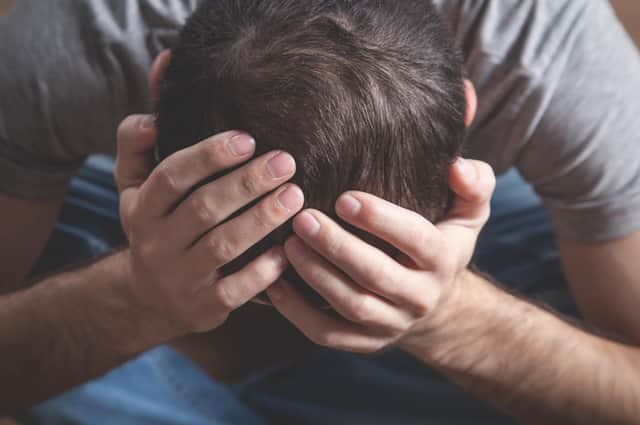Column: Charlotte Butterick, Women's and Young People's Campaigner - Why male mental health is a feminist issue


All these things are connected. Why are so many men struggling? Why are so many men feeling isolated, left behind? Why is male violence against women so prevalent? Why are so many young men being driven into the arms of radical toxic influencers? Toxic masculinity hurts men as much as it hurts women.
It’s undeniable that society is still structured patriarchally, to the advantage of men and disadvantage of women. But while this might privilege men as a collective, it causes damage and suffering to men as individuals by holding up outdated concepts of masculinity, gender power dynamics, cultural norms and inextricably linking male identity to ‘power’. These inauthentic, conflated versions of masculinity are causing more and more young men to deem themselves as failures if they can’t be ‘the providers’ for their families or if they show vulnerabilities or emotions. Organisations like ‘Andy’s Man Club’, which originated in Halifax, do incredible work around the country to encourage more men that ‘it’s okay to talk’ and undoubtedly save countless lives. It’s often thought that to be a feminist you have to ‘fight’ against all men. But like it should be the responsibility of men to prioritise feminist issues, equally, women must also prioritise male mental health. With so many men stuck in a contradicting scenario of having societal privilege but at the same time feeling a permanent personal sense of inadequacy or failure, the cycle of toxic masculinity perpetuates and continues to harm and restrict all genders. While the most part rests on men to do the work, if we are to reach true gender equity, instead of casting them as the enemy, male mental health needs to be prioritised as a feminist issue to support the creation of healthier, more inclusive versions of masculinity, where kindness and empathy are seen as strengths.